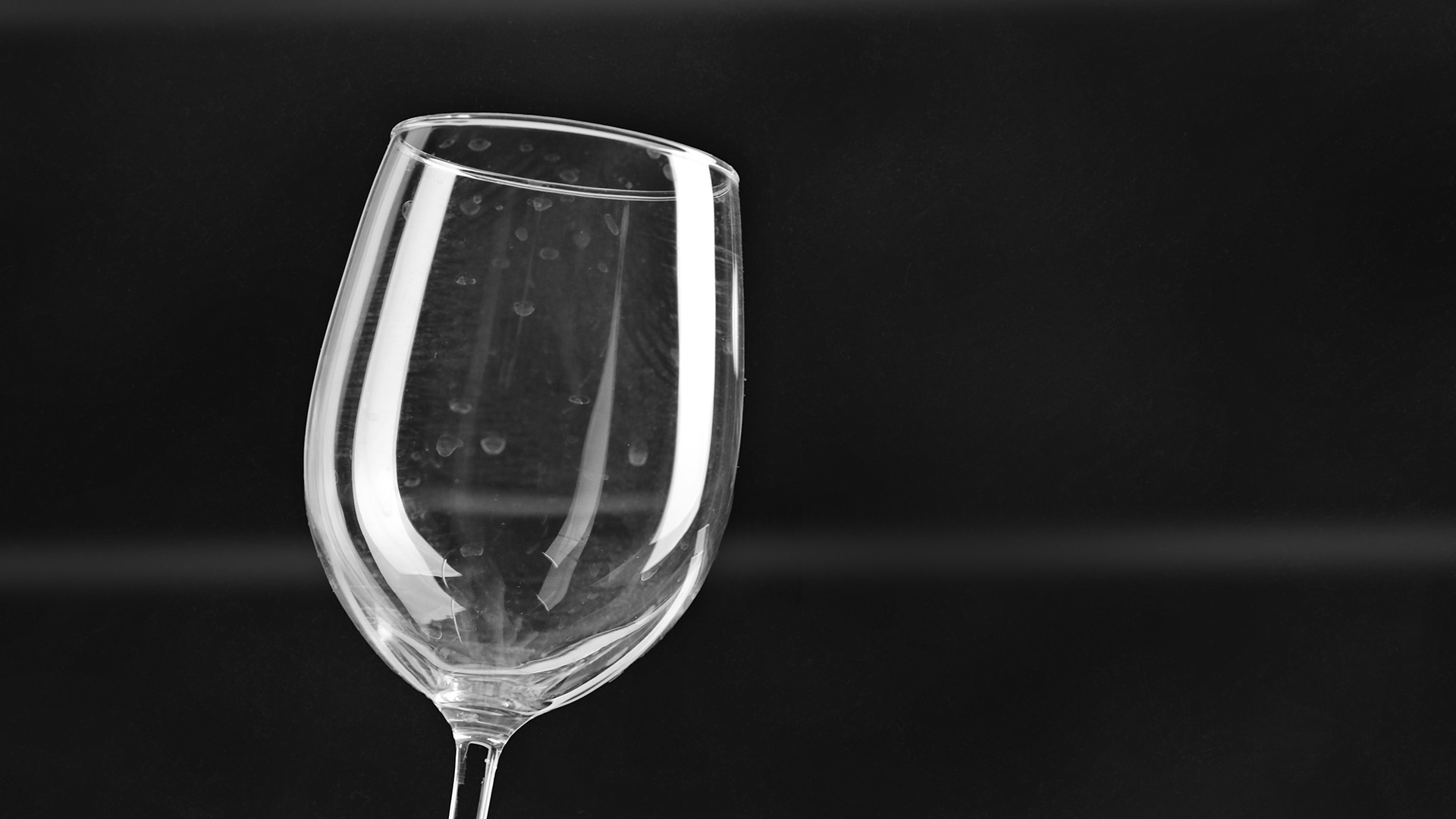A dishwasher that leaves water spots on dishes can be a frustrating problem. If you’ve ever wondered why your clean dishes come out with unsightly spots, you’re not alone. According to experts like those offering Ice maker repair Bronx services, a few common issues could be causing this problem. Understanding these issues can help you address them and achieve spot-free dishes every time.
Common Causes of Water Spots on Dishes
1. Hard Water
Hard water is one of the most frequent causes of water spots on dishes. Hard water contains high levels of minerals like calcium and magnesium. When the water evaporates, these minerals can leave behind a residue.
- Effect on Dishes: The residue from hard water can create a cloudy, filmy appearance on your dishes, especially on glassware.
- Solution: Use a water softener or a dishwasher detergent that contains water softening agents to tackle this problem. You can also try adding a rinse aid to your dishwasher.
2. Insufficient Rinse Aid
Rinse aid helps water to sheet off dishes more effectively, reducing the chances of water spots. If you’re not using enough rinse aid or if your rinse aid dispenser is empty, you might notice spots on your dishes.
- Effect on Dishes: Without adequate rinse aid, water droplets can dry on your dishes, leaving behind mineral spots.
- Solution: Check the rinse aid dispenser and refill it if necessary. Ensure you’re using the correct amount as per your dishwasher’s instructions.
3. Incorrect Loading
How you load your dishwasher can affect the cleaning process and the appearance of your dishes. Overloading or improper loading can prevent water from reaching all surfaces effectively.
- Effect on Dishes: Dishes that are stacked too closely together or positioned improperly can block the spray arms, resulting in uneven cleaning and spots.
- Solution: Arrange your dishes so that each item is exposed to the spray. Avoid overcrowding and make sure nothing obstructs the spray arms.
4. Clogged Spray Arms
Spray arms in a dishwasher are responsible for distributing water throughout the machine. If these arms are clogged or not functioning properly, they may not clean your dishes effectively.
- Effect on Dishes: Clogged spray arms can lead to poor water coverage, resulting in spots and residue.
- Solution: Remove the spray arms and clean them thoroughly. Check for any debris or blockages and ensure the holes are clear.
5. Dirty Dishwasher Filters
The filter in your dishwasher catches food particles and debris. If the filter becomes clogged or dirty, it can affect the cleaning performance and leave spots on your dishes.
- Effect on Dishes: A dirty filter can cause poor water circulation and prevent proper rinsing, leading to spots.
- Solution: Regularly clean the dishwasher filter according to the manufacturer’s instructions. This helps maintain optimal performance and prevents spot formation.
6. High Water Temperature
If the water temperature in your dishwasher is too high, it can cause rapid drying of the water, which may result in spots.
- Effect on Dishes: High temperatures can lead to the formation of mineral deposits and spots on your dishes.
- Solution: Check your dishwasher’s temperature settings and ensure they are within the recommended range. Most dishwashers work best with water temperatures between 120°F and 150°F.
Additional Tips for Spot-Free Dishes
Use Quality Detergent
- Choose the Right Detergent: Opt for a high-quality dishwasher detergent that effectively tackles mineral deposits and food residues.
- Follow Instructions: Use the recommended amount of detergent for your dishwasher to avoid buildup and spots.
Regular Maintenance
- Clean the Dishwasher: Periodically clean your dishwasher to remove buildup and maintain its efficiency.
- Check for Leaks: Inspect the dishwasher regularly for leaks or malfunctions that could affect its performance.
Opt for a Rinse Aid
- Benefits: Rinse aids help to prevent water spots and improve the overall drying process.
- Usage: Make sure the rinse aid dispenser is full and properly set to dispense the correct amount during each cycle.
Conclusion
Water spots on dishes can be an annoying issue, but understanding the causes and solutions can help you achieve cleaner, spot-free results. By addressing factors such as hard water, rinse aid levels, loading practices, and regular maintenance, you can ensure your dishwasher performs at its best. If problems persist, it might be worthwhile to consult a professional for further advice. Keeping your dishwasher in good condition and following these tips will help maintain sparkling clean dishes with every wash.









